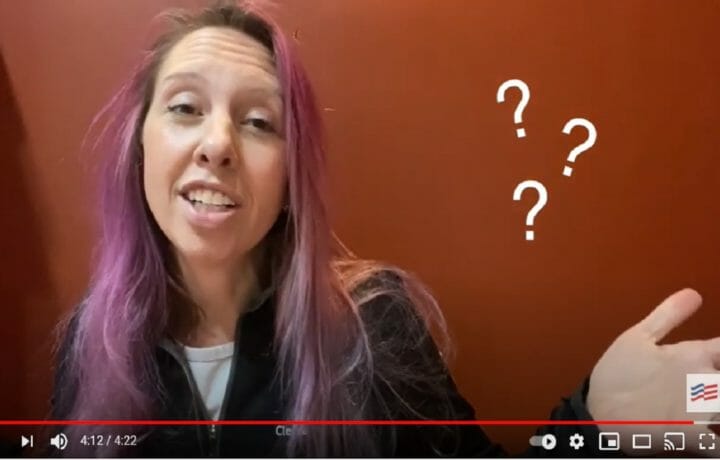Technology is the future of the security clearance process. That may be hard to believe for a system that still relies on shoestring investigations and notepaper notes, but from the development of the National Background Investigation System to the roll out of Continuous Vetting and automated checks, security clearance applicants should be prepared for technology to be an ongoing part of every part of the investigation process.
Application Tracking Software already powers some aspect of nearly every hiring decision made today. Individuals applying to positions in the open web don’t have to get past a recruiter to land an interview, they first have to get past a robot (that’s why connecting directly with a recruiter when or as you reply is always more ideal than blindly applying to openings). A recent Request for Information made by Immigrations and Customs Enforcement is looking for a similar tool to help them score complexity and save time in the review of SF-86 applications.
The obvious issue often comes with how AI will impact OFCCP and efforts to avoid discrimination in the job application process. When it comes to national security positions, however, the government has more purloin to do what is in its best interests, and not worry about applicant rights. Private contractors have a bit more concerns, and should ensure that automated systems aren’t ranking out for criteria that could be considered discriminatory.
The ICE request is simply information – it’s not a request for purchase. But the move is one that we should expect to continue, and it makes the case for applicants to be careful and diligent in completing their security clearance questionnaire. Don’t lie or avoid listing information, but also don’t overshare or include information that falls outside of the required reporting window.
The technology ICE is looking into is designed to save time as it manually sifts through the approximately 16,000 applications for security clearance it processes each year. Bucketing cases by complexity would help to move easier cases to the top. It doesn’t mean more complex cases would be punted, but it does mean cases that don’t require as much effort could be moved forward.




